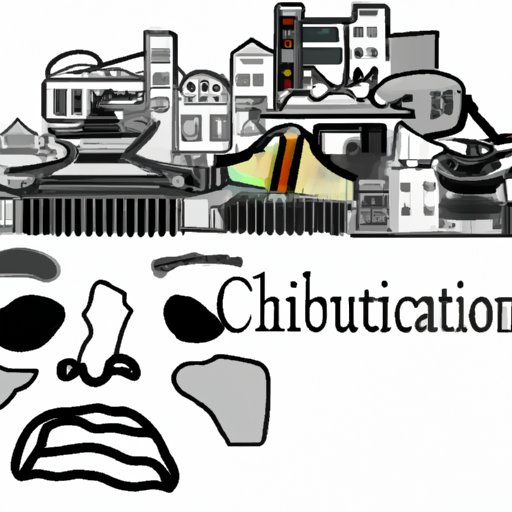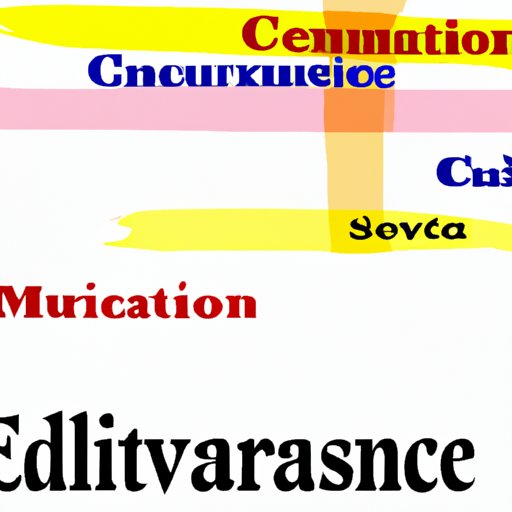Introduction
Culture is an integral part of human life. It is defined as “the sum total of knowledge, attitudes, values, beliefs and customs shared by a particular group of people that are transmitted from one generation to another” (Oxford Reference). Cultural aspects refer to the various elements that make up a culture, such as language, values, norms, symbols, rituals, and material objects. People are born into a culture, but they can also choose to adopt certain aspects of other cultures.
The purpose of this article is to explore what cultural aspects are, their role in society, and the impact of globalization on cultural identity. It will provide insight into how different cultures interact with each other and evaluate the effects of globalization.
Role of Culture in Society
Cultural aspects play a fundamental role in shaping human behaviour and determining our beliefs and values. Our culture influences how we think, feel, and act in different situations. For example, research conducted by the American Psychological Association (APA) found that cultural aspects such as language, religion, and traditions can influence how people view themselves, others, and the world around them. Furthermore, cultural aspects can affect how people make decisions and behave in certain situations.
Cultural practices and beliefs are also closely intertwined. Beliefs are ideas that are accepted as true without any proof, while practices are behaviours or activities that are carried out regularly. For instance, religious beliefs often lead to specific practices, such as praying or attending religious services. Similarly, cultural norms and values can shape people’s behaviour and determine how they interact with others.

Impact of Globalization on Cultural Identity
Globalization has had a significant impact on cultural identity. Through increased communication and travel, cultures have become more interconnected. This has led to the emergence of a global culture, in which different cultures borrow from each other and create new cultural expressions. For example, the popularity of American music and television has led to the spread of American culture throughout the world.
At the same time, globalization has also had a negative effect on some cultures, particularly those that are considered “minority” or “indigenous” cultures. These cultures may be at risk of losing their distinctiveness and becoming assimilated into the global culture. For instance, research conducted by the University of California (UCS) has shown that globalization has caused many indigenous cultures to decline in the face of increasing Westernization.
It is important to recognize and appreciate the differences between cultures. By understanding the cultural aspects of different societies, we can gain insight into how cultures interact with each other and develop a greater appreciation for our own culture.
Conclusion
In conclusion, cultural aspects are an essential part of our lives and shape how we think and behave. They are closely intertwined with our beliefs and practices, and can be affected by globalization. It is important to recognize and appreciate the diversity of cultures around the world and to understand how different cultures interact with each other.
This article has explored the definition and nature of cultural aspects, their role in society, and the impact of globalization on cultural identity. It has provided insight into how different cultures interact with each other and evaluated the effects of globalization. We must continue to strive to understand and appreciate the cultural aspects of different societies in order to foster mutual respect and understanding.
(Note: Is this article not meeting your expectations? Do you have knowledge or insights to share? Unlock new opportunities and expand your reach by joining our authors team. Click Registration to join us and share your expertise with our readers.)
